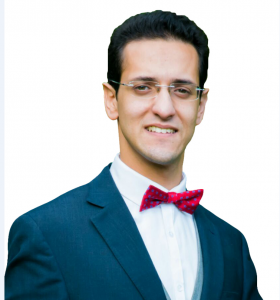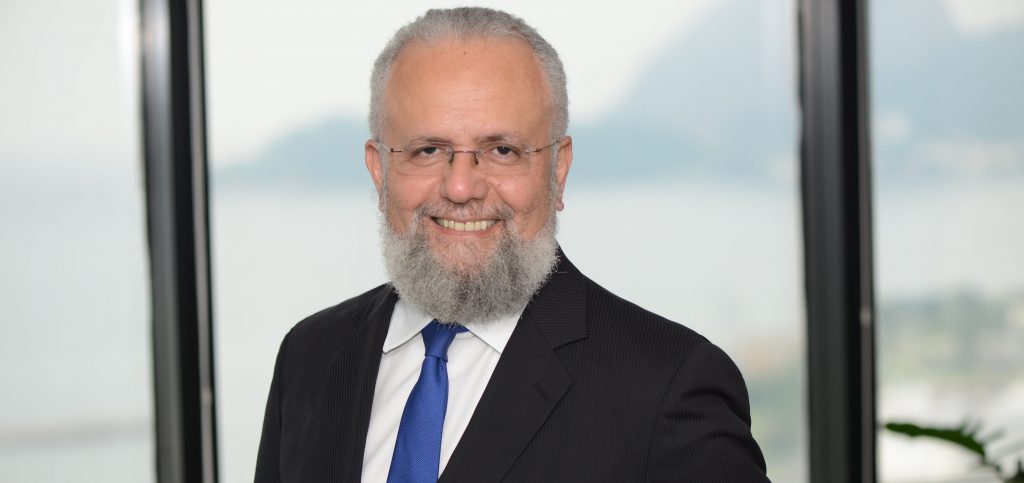São Paulo – The Vision 2030 plan announced by the Saudi government five years ago facilitated investment inflow to Saudi Arabia. The program created guidelines for diversifying the economy and reducing oil dependence in the country, which are goals where foreign investors can collaborate. In a study carried out about the topic, Brazilian lawyer Fábio Amaral Figueira (pictured above) and Egyptian lawyer Mostafa Elfar draw attention to the fact that the strategy creates opportunities for foreign investors in the Arab country.

According to the article written by the two lawyers, one pillar of the Vision 2030 plan includes making Saudi Arabia a worldwide investment powerhouse. They mention localizing foreign industries in Saudi Arabia as one of the economic aspects of the program. “Vision 2030 aims to diversify the Saudi budget’s revenues by focusing on the development of sectors where Saudi Arabia has a competitive advantage,” the article reads.
They mention sectors such as manufacturing, including production of industrial and renewable energy equipment, and tourism. “Visions 2030 seeks developing a group of attractions as museums and the like to demonstrate the Saudi, Arabian, and Islamic background of the country,” they say. There is also interest in attracting foreign leaders in the field of oil and gas to enter into strategic joint ventures with Saudi counterparties, the text reads.
According to the analysis on Vision 2030 carried out by the lawyers, Saudi Arabia also aims to develop the defense industries, by producing military equipment, even military aircrafts, to attain self-sufficiency and boost exports to its regional peers. According to the article, getting foreign industries in Saudi Arabia permits localizing know-how and ensures transfers of technology to the Saudi economy.
According to the analysis, Vision 2030 economically changed Saudi Arabia in the past five years and is expected to continue changing it. The rise of prince Mohamed Bin Salman in the Saudi political scene and the decline in oil prices in 2014 encouraged the development of the plan as a mean to abandon the oil dependence and diversify economic activity by opening widely the doors for an active private sector’s engagement, they wrote.
The article lists the three pillars of Vision 2030: Islam, making the country into a global investment powerhouse, and transforming Saudi Arabia into a trading hub. “Considering transformations needed to attain a diversified economy, and Saudi Arabia being the land of Islam, and its two holy sites, the Vision 2030 emphasized that all changes proposed under the Vision 2030 will be Sharia-compliant and in line with Sharia’s rules and guidance,” they wrote. Sharia is the Islamic law.
Read the full article here. Fábio Amaral Figueira is coordinator at the Middle East and North Africa department of the Veirano Advogados law firm, which is a member of the Arab Brazilian Chamber of Commerce, and Mostafa Elfar works at the Italian law firm Bonelli Erede Papparlardo. In addition to the points mentioned above, their article addresses other aspects of the Vision 2030 plan, including more details on the plan to transform the country in a trading hub and incentive to the private sector, privatizations, investment climate, and the management strategies for the Saudi public investment funds.
Translated by Guilherme Miranda




